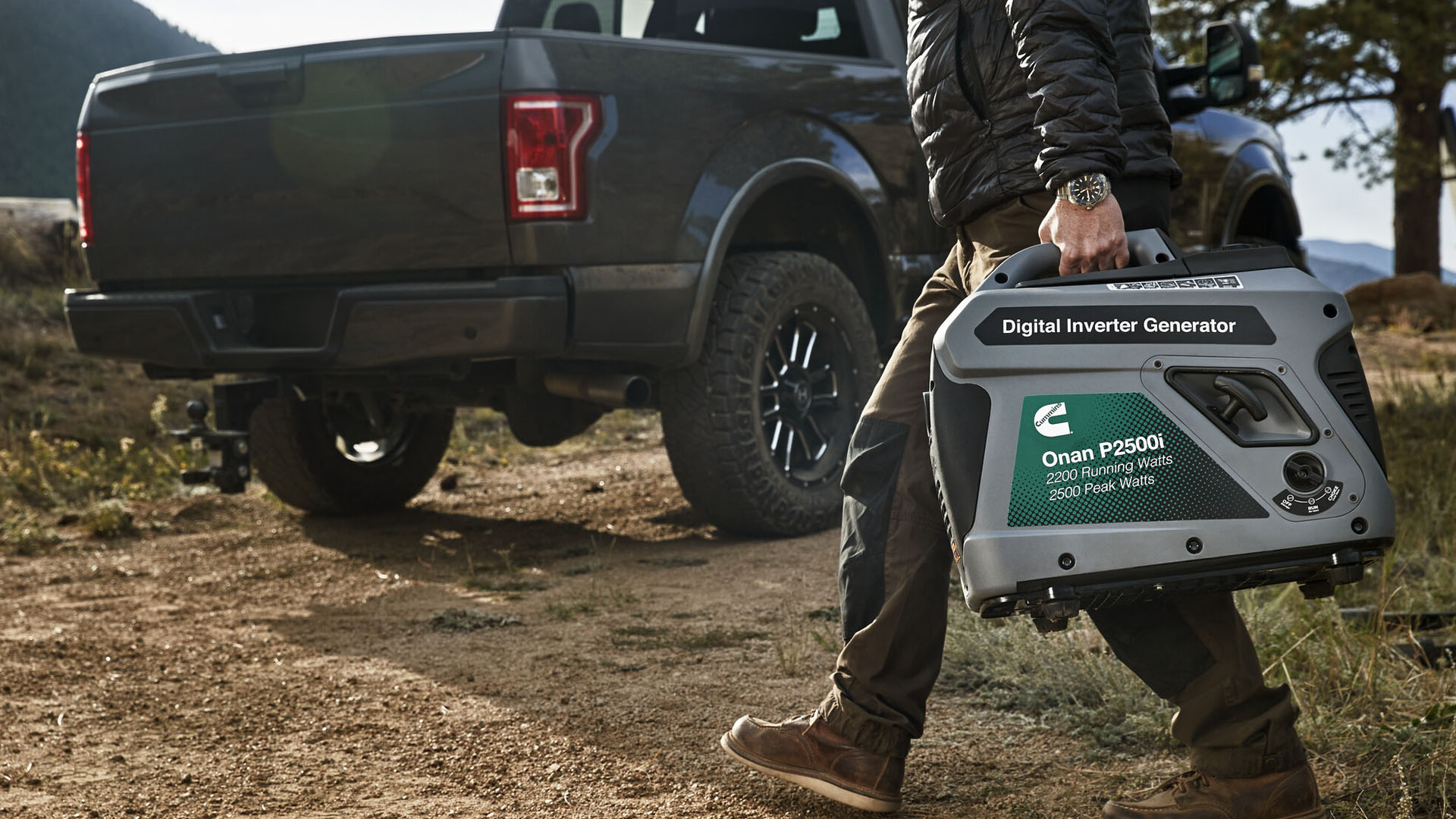I was thinking of buying a portable gas generator to run a Yong Heng compressor to use on remote sites.
A portable gas generator and Yong Heng would be much cheaper than a stand along gas air compressor like a Alkins.
What size portable gas generator should I be looking for? 2000 watts or larger?
Thanks in advance
Rod in San Francisco
A portable gas generator and Yong Heng would be much cheaper than a stand along gas air compressor like a Alkins.
What size portable gas generator should I be looking for? 2000 watts or larger?
Thanks in advance
Rod in San Francisco
